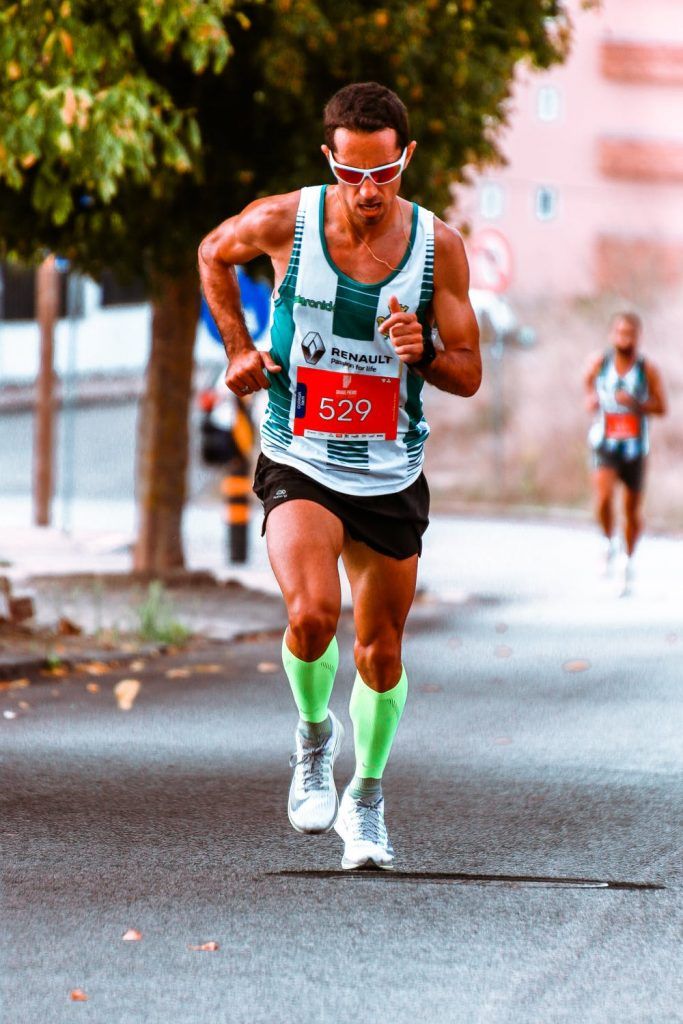
Managing fatigue in the heat
Welcome to NQ Summer (Part 2)
The second part of this three-part series designed to be your survival guide to training this summer in North Queensland focuses on managing our fatigue and performance reduction in the heat.
Rehydration
The process of rehydration is impacted by a wide range of external and internal factors. Firstly, there is the degree of environmental stress – e.g. temperature, wind, humidity etc. Changes in these measures directly influence physiological changes, such as sweat rate. A study proposed that fluid intake rapidly increases above 25deg Celsius, with a large increase in environmental stress. Not only does environmental stress elicit physiological changes, but also psychological.
For example:
When going for a run and it is 35deg Celsius – do you prefer to have a cooler or a warmer drink to quench your thirst?
Also, there is the idea that athletes who have previous experience in rehydration and performing in the heat have a better understanding of how much fluid intake is required prior to dehydration occurring, therefore can be better equipped to manage their fluid intake. In addition, consider the beverage and it’s characteristics – whilst we would all love to be having a beer, this isn’t really the first thing we are thinking about to assist in rehydration on a run (in most cases). The taste, salinity, sweetness and other factors impact how much fluid we can and will consume in difficult conditions.
Pre-exercise Hydration
Athletes who perform a large amount of exercise can be chronically dehydrated, causing physiological changes such as increased cardiovascular strain and increased core temperature. The American College of Sports Medicine has recommended that 500mL of fluid be consumed at least two hours prior to exercise with adequate time for urination to ensure adequate hydration. Electrolytes through food and fluid also become important, due to the sodium loss within sweat, altering electrolyte levels. It has been recommended to maintain hydration better that we combine water with glycerol for improved effects
Rehydration during Exercise
Physiologically, rehydration helps dissipate heat and sustain cardiac output (among other things). Plasma volume is better maintained in the heat with rehydration than without, and also rehydration limits the hyperthermia (overheating) we experience in warm conditions. To manage fluid loss, most studies recommend simply trying to replace the amount of fluid lost through sweat, through rehydration. However, athletes often find this concept difficult, even though studies have shown that our bodies are able to tolerate this level of fluid. To make this concept easier, trial using different drinks with different tastes to make it more appealing. In addition, the stomach should always have about 400-600mL of fluid to maintain appropriate gastric emptying, with about 6-8% of this in carbohydrates (higher than this limits fluid absorption).
Rehydration following Exercise
In what may seem like an odd theory, studies show that water may not actually be the best fluid for rehydration following exercise. Consuming water alone decreases osmolality, which decreases the drive to drink and increases urine output. Including carbohydrates in your post-exercise formula can help with absorption. This will also come through your post-exercise meals in most cases. Whilst trying to replace sweat loss following exercise is great, you may still find yourself dehydrated using this formula. It has been suggested that aiming for 150% of weight loss with a high sodium content may be better for replacing fluid.
DISCLAIMER: This information is in its most basic form, however can be adapted to each individual based on physiological characteristics. For further information, feel free to contact us for more individual advice.
Connor McKay


